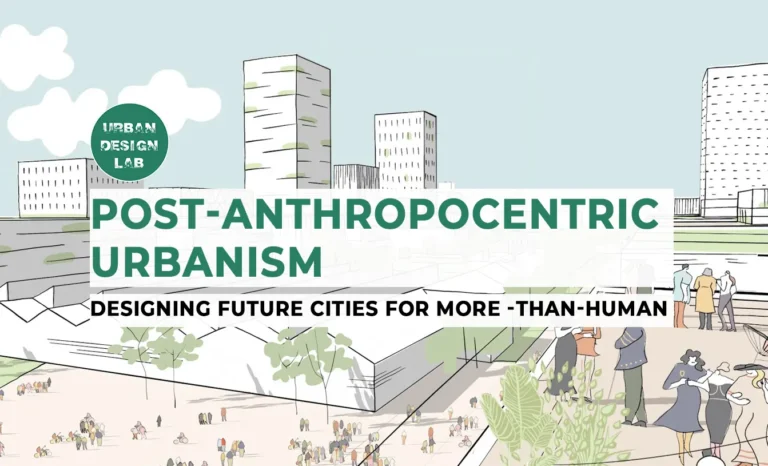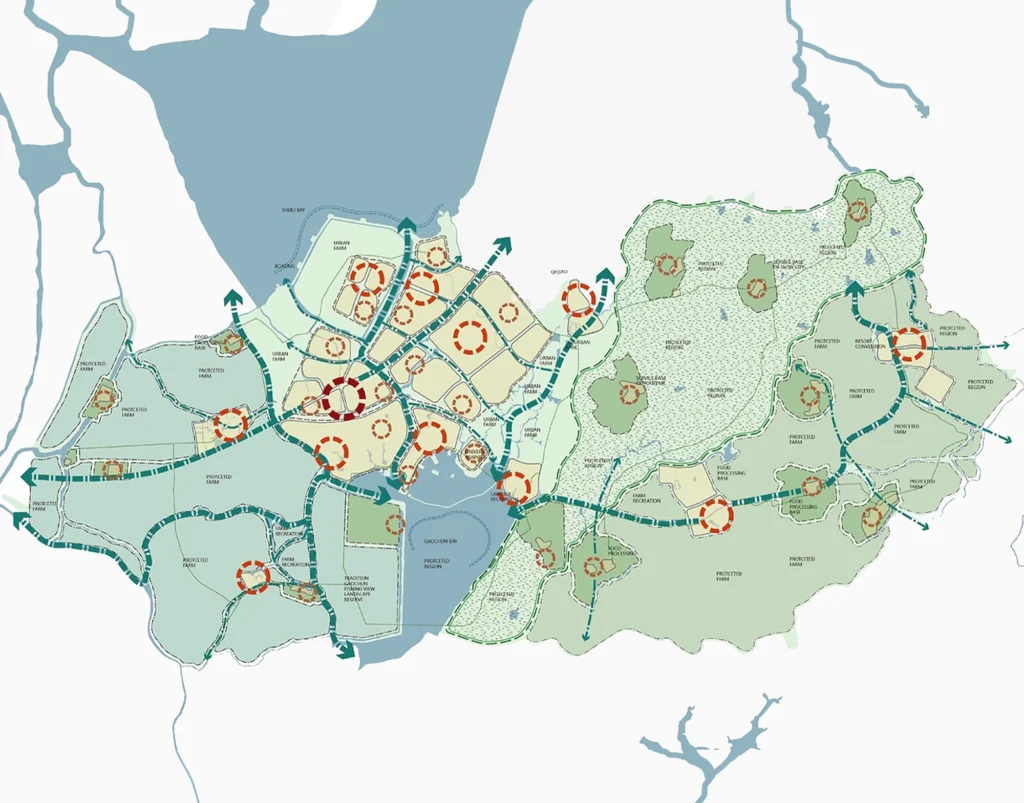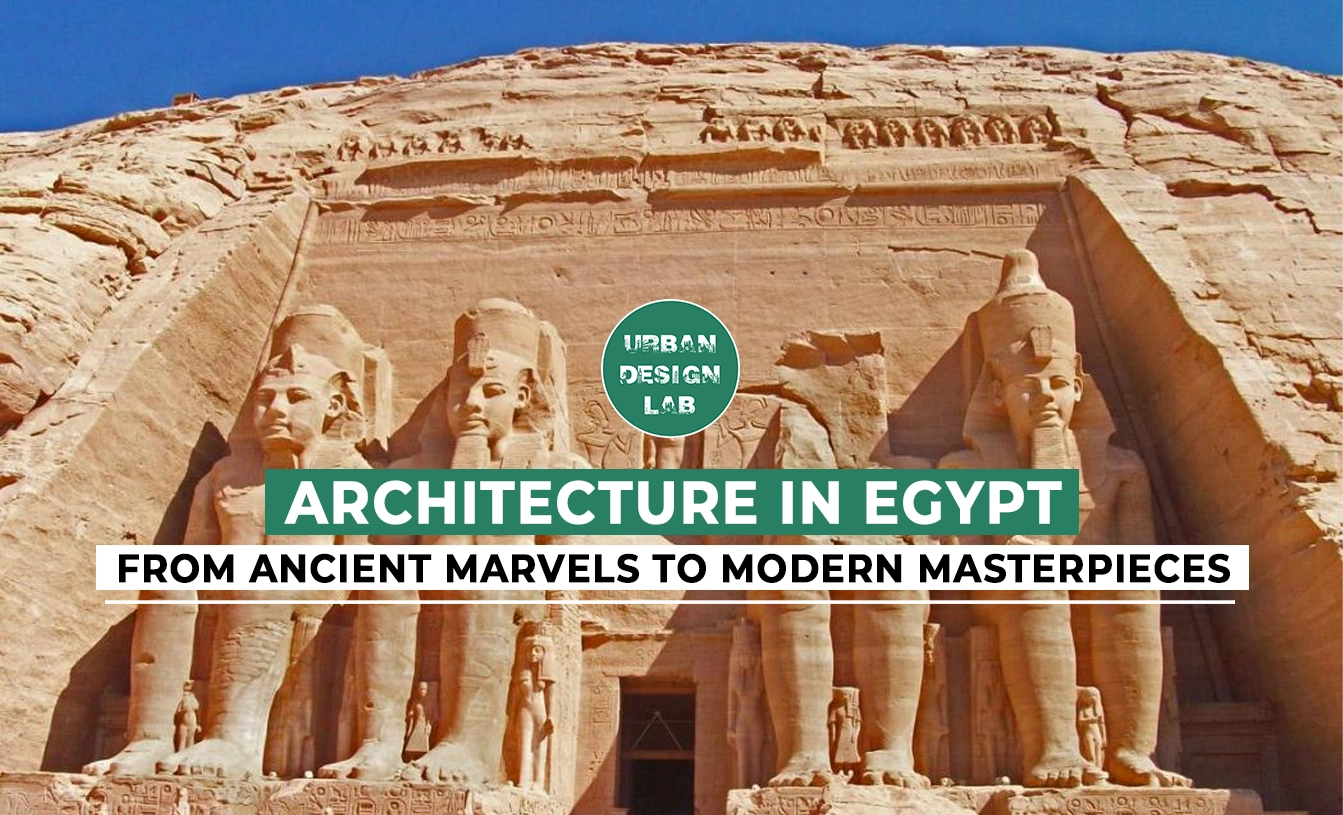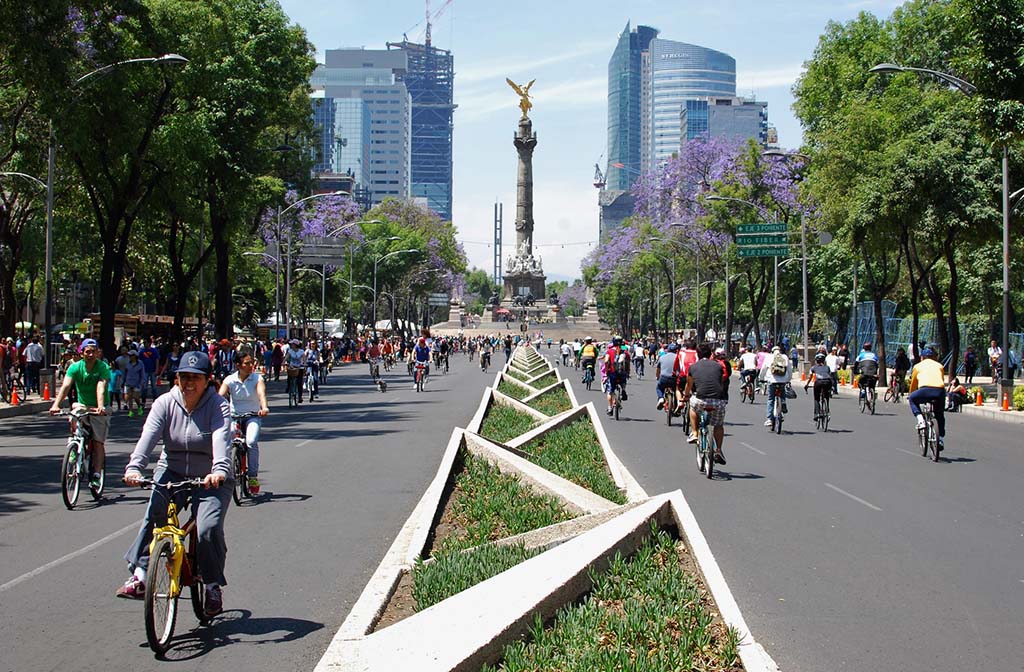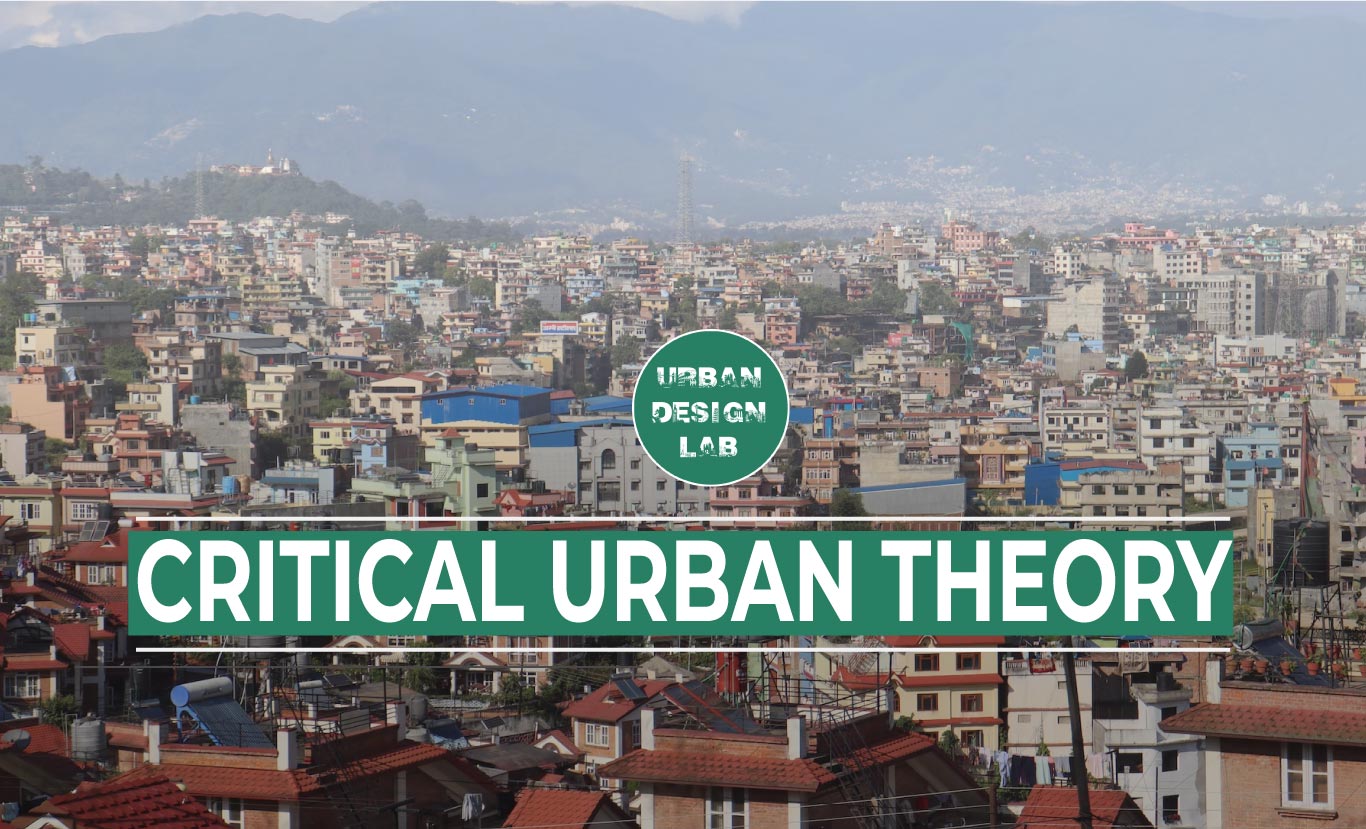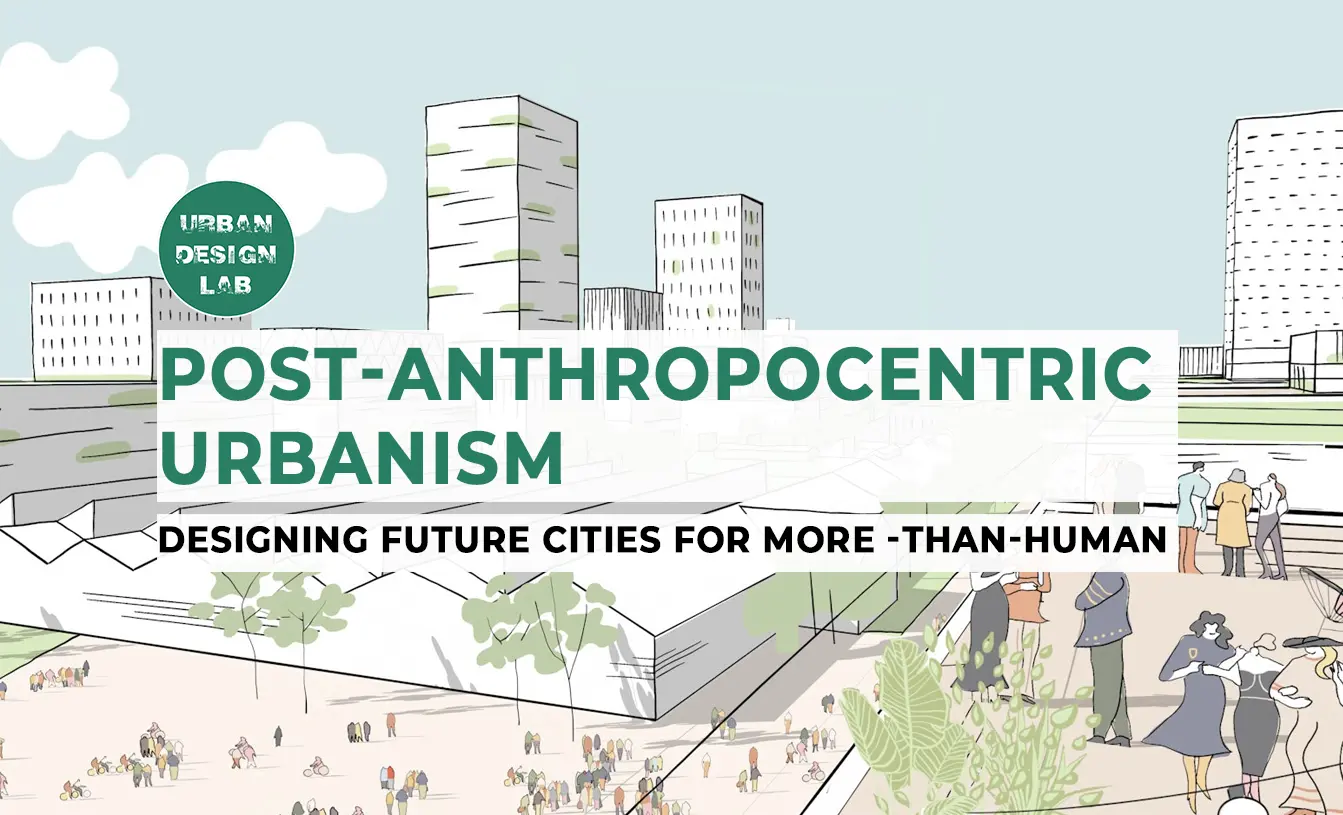
UNESCO World Heritage Cities

Created in 1991 following the first meeting of World Heritage Cities which took place in Québec (Canada), the Organization of World Heritage Cities (OWHC) was officially founded on 8 September 1993 in Fez (Morocco). The Organization represents a collective intelligence on all issues related to the urban management of a World Heritage property and connects with more than 300 cities having on their territory a site inscribed on the UNESCO World Heritage List. All of these cities have a total population of over 164 million people. They are represented in the Organization by their mayor, with the active participation of elected municipal officials and heritage managers.
Organization of World Heritage Cities (OWHC)
The OWHC’s headquarters are located in Québec City (Canada).
The main objectives of the Organization are:
- To favor the implementation of the World Heritage Convention;
- To encourage co-operation and the exchange of information and expertise on matters of conservation and management of urban heritage;
- To develop a sense of solidarity among its member cities
To this end, the OWHC organizes many meetings: World Congresses, conferences, seminars and workshops dealing with the challenges to be met in the realm of management and strategies pertaining to the preservation and enhancement of historic cities. Moreover, the OWHC offers to its member cities many programs and projects which aim to promote and support the maintenance, recognition and enhancement of their world heritage: Youth on the Trail of World Heritage, Jean-Paul-L’Allier Prize for Heritage, International Video Production Competition, Solidarity day of World Heritage Cities – September 8, Mayors & Heritage, Zoom on Urban Heritage, The OWHC Grants, Case Studies, etc.
The Mayors of World Heritage cities that have paid their annual membership fees make up the General Assembly, the Organization’s paramount authority. The General Assembly meets every two years.
The Board of Directors is made up of eight Mayors elected by the General Assembly. It meets at least once a year.
The General Secretariat is directed by the Secretary General, appointed by the General Assembly, who oversees the execution of mandates adopted by the members, the day-to-day administration of the Organization, personnel management and hiring.
Seven Regional Secretariats support the work of the General Secretariat:
- Regensburg (Germany) for Northwest Europe and North America
- Warsaw (Poland) for Central and Eastern Europe
- Córdoba (Spain) for Southern Europe and the Mediterranean
- Kazan (Russian Federation) for Euro-Asia
- Gyeongju (South Korea) for Asia-Pacific
- Morelia (Mexico) for Latin America
World Heritage Cities List
- Andong, Republic of Korea
- Boeun, Republic of Korea
- Denpasar, Indonesia
- Galle, Sri Lanka
- Buyeo County, Republic of Korea
- Gianyar, Indonesia
- Gochang County, Republic of Korea
- Gongju, Republic of Korea
- Gwangju, Republic of Korea
- Gyeongju, Republic of Korea
- Haenam, Republic of Korea
- Hapcheon County, Republic of Korea
- Hue, Vietnam
- Hwasun County, Republic of Korea
- Iksan, Republic of Korea
- Jongno-Gu, Republic of Korea
- Kandy, Sri Lanka
- Luang Prabang, Laos
- Melaka, Malaysia
- Sawahlunto, Indonesia
- Surakarta, Indonesia
- Suwon, Republic of Korea
- Yangsan, Republic of Korea
- Yeongju, Republic of Korea
- Slovakia, Banska Stiavnica
- Budapest, Hungary
- Dubrovnik Croatia
- Icherisheher, Azerbaijan
- Kraków, Poland
- Kutná Hora, Czechia
- L’viv, Ukraine
- Nessebar, Bulgaria
- Ohrid, North Macedonia
- Rhodes, Greece
- Riga, Latvia
- Saint Petersburg, Russia
- Sighisoara, Romania
- Split, Croatia
- Tel-Aviv-Yafo, Israel
- Vienna, Austria
- Vilnius, Lithuania
- Warsaw, Poland
- Zamosc, Poland
- Denpasar, Indonesia
- Gianyar, Indonesia
- Kazan, Russia
- Novgorod, Russia
- Safranbolu, Turkey
- Turkistan, Kazakhstan
- Yaroslavl, Russia
- Campeche, Mexico
- Colombia, Cartagena
- Colonia del Sacramento, Uruguay
- Cuenca, Ecuador
- Cuzco, Peru
- Guanajuato, Mexico
- Havana, Cuba
- Mexico City, Mexico
- Morelia, Mexico
- Oaxaca, Mexico
- Puebla, Mexico
- Querétaro, Mexico
- Quito, Ecuador
- San Miguel de Allende, Mexico
- San Pablo Villa de Mitla, Mexico
- Willemstad, Curaçao
- Xochimilco, Mexico
- Zacatecas, Mexico
- Amsterdam, Netherlands
- Augsburg, Germany
- Bamberg, Germany
- Berlin, Germany
- Bordeaux France
- Brussels, Belgium
- Cesky Krumlov, Cechia
- Fontainebleau, France
- Luxembourg, Luxembourg
- Naumburg, Germany
- Philadelphia, United States
- Quebec, Canada
- Quedlinburg, Germany
- Rauma, Finland
- Regensburg, Germany
- Riga, Latvia
- Salzburg, Austria
- San Antonio, United states
- Stralsund, Germany
- Vienna, Austria
- Vilnius, Lithunia
- Visby, Sweden
- Warsaw, Poland
- Wismar, Germany
- Angra do Heroismo, Portugal
- Aranjuez, Spain
- Baeza, Spain
- Bordeaux France
- Brugge, Belgium
- Brussels, Belgium
- Cidade Velha, Cape Verde
- Cordoba, Spain
- Cuenca, Spain
- Caceres, Spain
- Dubrovnik, Crostin
- Ejmiatsin, Armenia
- Elvas, Portugal
- Granada, Spain
- Guimaraes, Portugal
- Ibiza, Spain
- Icherisheher, Kotor
- Montenegro, Luxembourg
- Mostar, Bosnia and Herzegovina
- Nice, France
- Oporto, Portugal
- Oviedo, Spain
- Rhodes, Greece
- Santiago de Compostela, Spain
- Segovia, Spain
- Sintra, Split
- Strasbourg, France
- Tarragona, Spain
- Tunis, Tunisia
- Vienna, Austria
- Évora, Portugal
- Ubeda, Spain
- Alcalá de Henares, Spain
- Aleppo, Syria
- Algiers, Algeria
- Anuradhapura, Sri Lanka
- Arequipa, Peru
- Avila, Spain
- Bam, Iran
- Bardejov, Slovakin
- Bath, United Kingdom
- Bergen, Norway
- Bern, Switzerland
- Bhaktapur, Nepal
- Biertan, Romania
- Brasilia, Brazil
- Bridgetown, Barbados
- Bursa, Turkey
- Cairo, Egypt
- Camaguey, Cuba
- Carcassonne, France
- Chengde, China
- Chernivtsi, Ukraine
- Chora of Patmos, Greece
- Coro, Venezuela
- Dakar, Senegal
- Damascus, Syria
- Ahmedabad, India






Role of the OWHC with respect to the World Heritage Convention
While the Organization of World Heritage Cities does not appear along with ICCROM, ICOMOS and the IUCN among the partner organizations of UNESCO indicated in the World Heritage Convention, the General By-Laws of the OWHC stipulate that it is dedicated to the implementation of the 1972 Convention. This initiative by the OWHC was officially recognized by Federico Mayor, Director-General of UNESCO at the time, at the opening of the Third International Symposium of World Heritage Cities held in Bergen in June 1995: “The World Heritage Convention relies heavily on the services provided by several important professional networks, in particular the IUCN, ICCROM and ICOMOS. The Secretariat [of the World Heritage Centre] and I deem the OWHC to be equally important.”
By fostering communication between managers and the exchange of know-how pertaining to the management of World Heritage Cities, the OWHC is helping to support public officials in the execution of the responsibilities that each government that is a party to the Convention has assumed by signing the agreement, i.e. to act as the key guarantor of the preservation of the sites and monuments included on the UNESCO World Heritage List located within its territory.

Urban Design Lab
About the Author
This is the admin account of Urban Design Lab. This account publishes articles written by team members, contributions from guest writers, and other occasional submissions. Please feel free to contact us if you have any questions or comments.
Related articles
UDL GIS
Masterclass
GIS Made Easy – Learn to Map, Analyse, and Transform Urban Futures
Session Dates
23rd-27th February 2026

Urban Design Lab
Be the part of our Network
Stay updated on workshops, design tools, and calls for collaboration
Curating the best graduate thesis project globally!

Free E-Book
From thesis to Portfolio
A Guide to Convert Academic Work into a Professional Portfolio”
Recent Posts
- Article Posted:
- Article Posted:
- Article Posted:
- Article Posted:
- Article Posted:
- Article Posted:
- Article Posted:
- Article Posted:
- Article Posted:
- Article Posted:
Sign up for our Newsletter
“Let’s explore the new avenues of Urban environment together “


